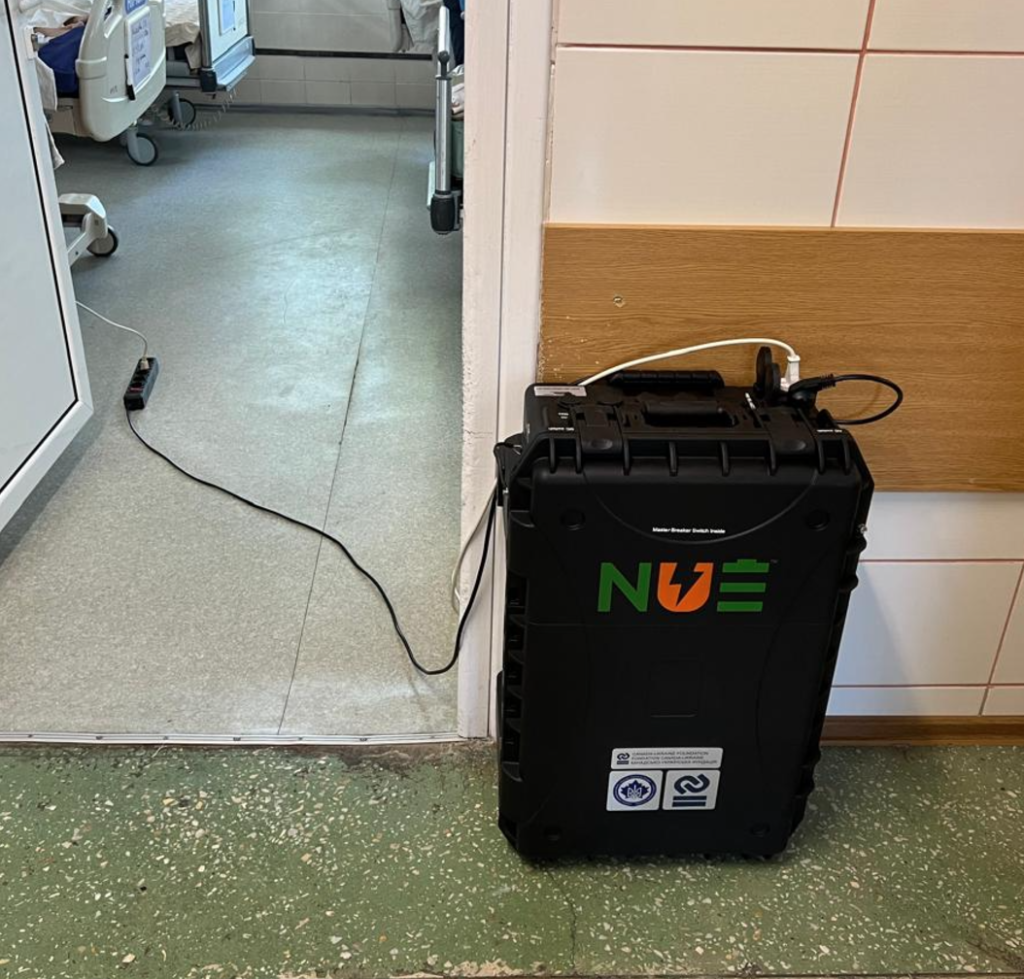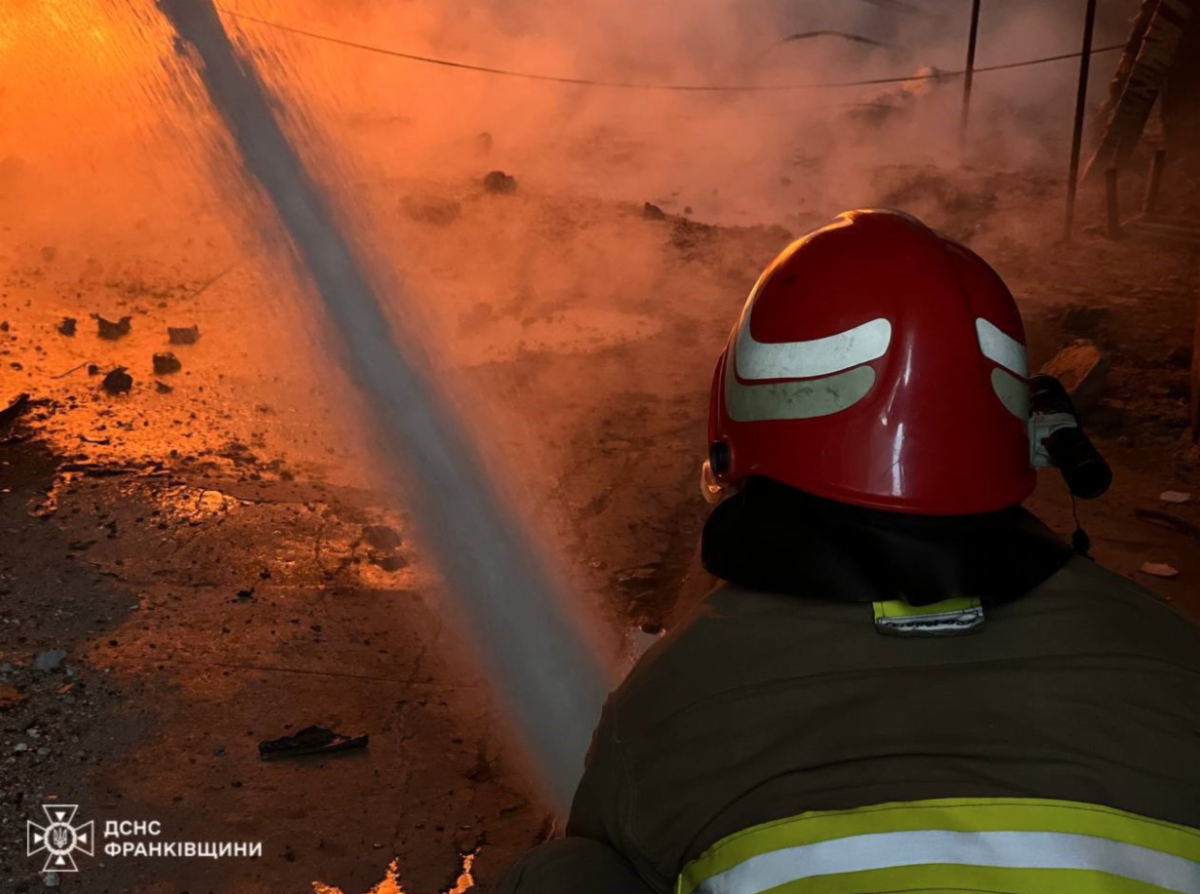As Ukraine enters its third winter under the full-scale invasion, the power crisis caused by Russia’s targeted attacks continues to escalate, especially in the healthcare sector. Before Russia’s full-scale invasion in 2022, Ukraine’s power sector was one of Europe’s most advanced and robust. Every corner of the country was ensured access to reliable electricity. But today, the situation is not as optimistic. Due to Russia’s relentless attacks on critical energy infrastructure—bombing power plants and launching cyberattacks—Ukraine’s available energy capacity has dropped by an alarming 85%. According to the Kyiv Independent, most of the country’s thermal and large hydroelectric power plants have been destroyed or damaged.
Hospitals across the country are now facing the consequences of these attacks. Throughout Ukraine, healthcare workers report severe disruptions to medical care due to power outages, worsening the situation. One survey of over 2,000 healthcare workers in Ukraine, conducted by Physicians for Human Rights and Truth Hounds, revealed that an overwhelming 92.3% of respondents experienced power outages at their facilities due to these attacks. The impact on patient care has been profound. Respondents report facing delays in carrying out elective procedures, and life-saving surgeries have been postponed or interrupted mid-operation during bombings. Hospitals are having trouble maintaining essential systems like communication networks, heating, ventilation, and even diagnostic equipment, which all rely on steady electricity. 13.8% of healthcare workers responding to the survey reported that medications are spoiling, and biological samples are being lost due to power outages compromising their storage.
A distressing consequence of these outages is the psychological toll on patients and staff alike. Patients across Ukraine are reportedly experiencing panic attacks and cardiac issues because of these blackouts—having to suffer not only from the physical wounds of Russia’s war but also from the constant anxiety of uncertain medical care. Meanwhile, over 80% of healthcare workers are battling burnout, stress, and exhaustion as they try to do their already tricky jobs without reliable access to power.
This is where we need your help— hospitals in Ukraine are relying on alternative energy sources to continue saving lives. That’s why the CUF-UCC Ukraine Humanitarian Appeal has stepped in to provide portable solar and battery-powered generators to hospitals in critical need. These kits are helping to ensure that operating rooms stay lit, intensive care units remain functional, and essential equipment can continue to operate even during blackouts.

This past summer, with the support of generous donors like you, we delivered five solar generator kits from New Use Energy (NUE) to Mykolaiv. Dmytro Fedorenko, the Head of the Trauma Department, highlights the vital role these generators play in keeping the hospital running: “Given the nature of our work in the trauma department, we receive urgent patients who require immediate surgery and cannot wait for power to be restored. NUE generators are our dependable ‘friends’ as we connect our operating equipment and continue our work.”
As we enter the harsh winter months, we are asking for your continued support. Your donation will ensure that hospitals across Ukraine can keep their lights on and their medical teams functioning, even in the face of this ongoing power and energy crisis. Your generosity will directly improve the ability of doctors and nurses to provide care to children and adults in critical condition, offering hope during one of the darkest times in Ukraine’s history.
Background
CUF-UCC Ukraine Humanitarian Appeal has been established jointly by the Canada-Ukraine Foundation (CUF) and the Ukrainian Canadian Congress (UCC) to formalize a coordinated approach in providing humanitarian assistance quickly and efficiently to those in need in Ukraine to address any further aggression by Russia. The main efforts of cooperation are to provide humanitarian relief in the areas of assistance to displaced persons, medical care, emergency shelter and food security.

